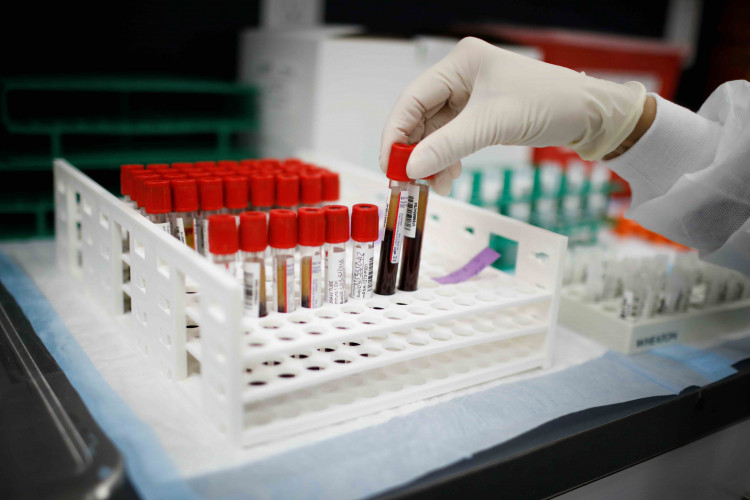Scientists have found a new blood group known as the Er blood group. The discovery sheds light on a 30-year-old mystery involving two women who tragically lost their infants.
A new study hopes to avert such catastrophes in the future by unraveling the molecular identity of the relatively new blood type known as the Er system.
In a new study, researchers from NHS Blood and Transplant (NHSBT) and the University of Bristol compared one mother's blood sample to numerous others to see what made her blood unique.
During the process, they confirmed a new blood grouping system, the Er system, the 44th to be defined. It is linked to Piezo1, a protein present on the surface of red blood cells.
Three of these antigens (Era, Erb, and Er3), together with the discovery of two novel antigens, are shown in the latest study to have genetic roots (Er4 and Er5).
These unusual antibodies have been mentioned in passing over the years, but their rarity has prevented us from fully comprehending them until recently.
Extremely uncommon blood group variants Er4 and Er5, which have just been discovered, have been linked to hemolytic disease in fetuses and neonates. The mother's immune system targets the blood of her unborn child, causing this disease to manifest.
According to a ScienceAlert article, Nicole Thornton, one of the study's authors, felt Piezo1 was implicated after comparing the genomes of the study's participants.
Her team revealed that people with distinct Er blood types had different gene variants that code for this protein. Because of genetic variances, a tiny number of persons have different amino acids or protein building blocks in their Piezo1 protein. Their immune systems recognize blood cells containing the more common Piezo1 protein as alien.
The gene is already linked to a number of illnesses. Mice lacking this gene die before birth, and those having the gene removed only in their red blood cells have overhydrated and brittle blood cells.
She goes on to say that the findings help us understand the possible implications of blood incompatibility on pregnant women and their unborn children.
It is more likely that physicians will be able to accurately diagnose and treat such a disease by giving the infant a blood transfusion while still in the womb now that cases of blood incompatibility may be traced to the Er blood group.
Their research was published in the journal Blood.






